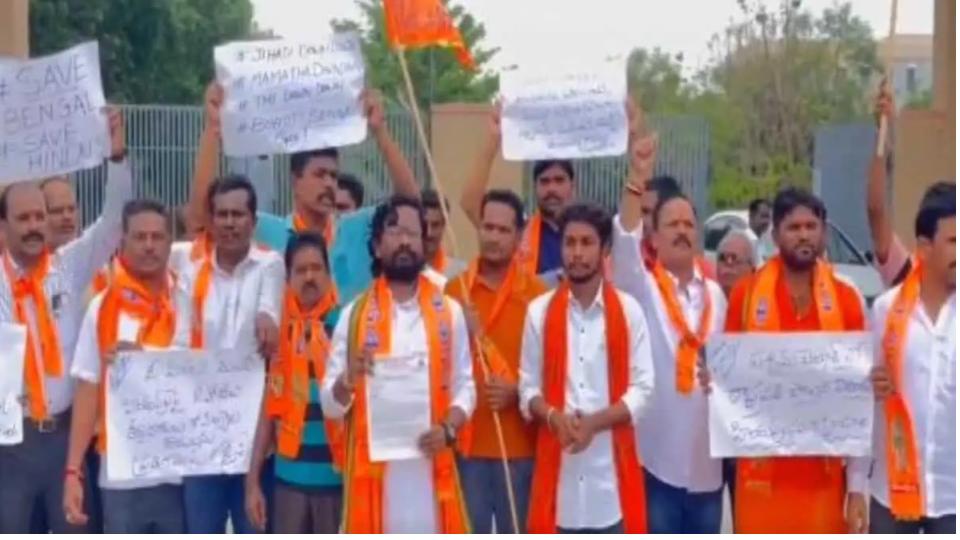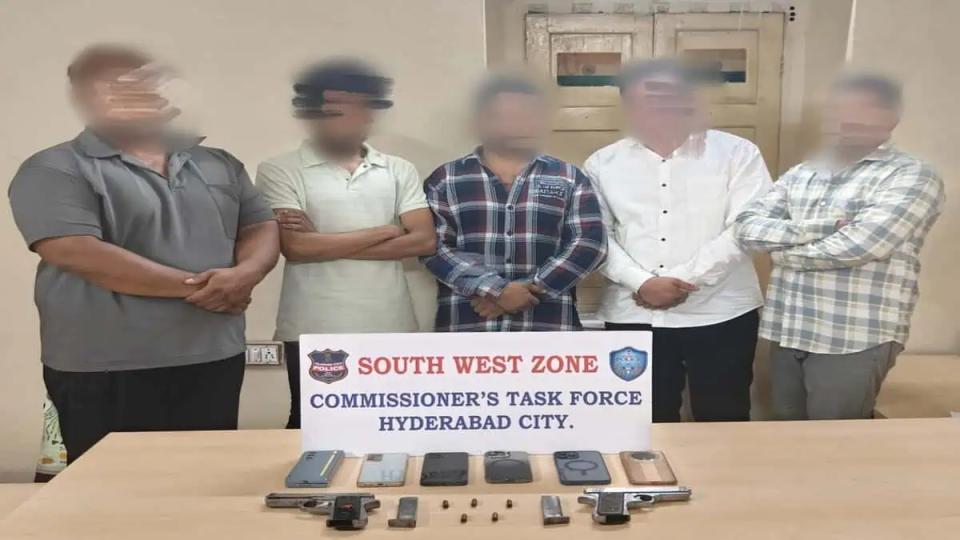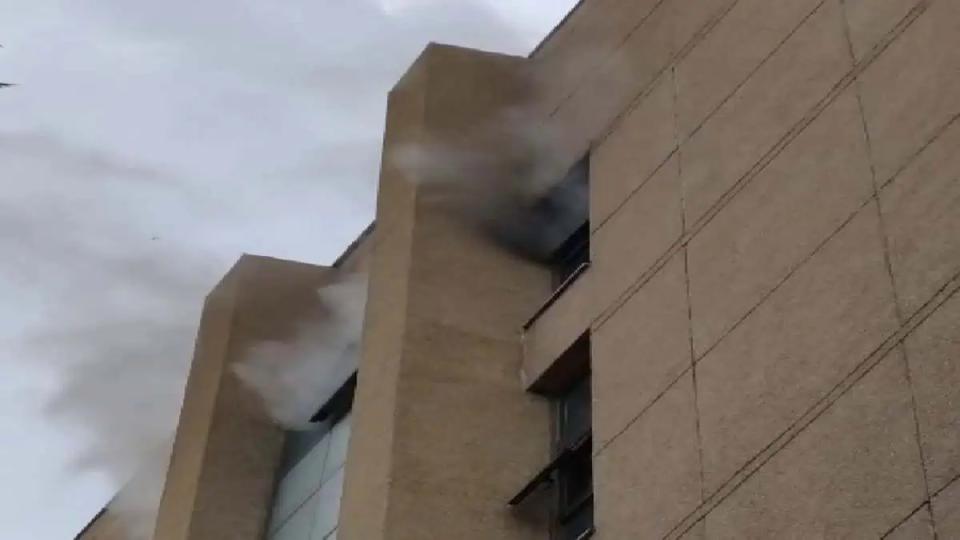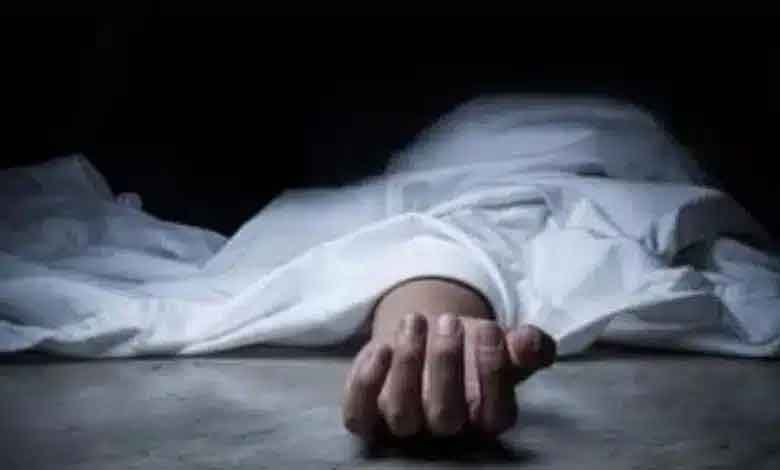Crucial Mumbai Metro projects get Fadnavis govt approval
Wed 25 Oct 2017, 15:50:23
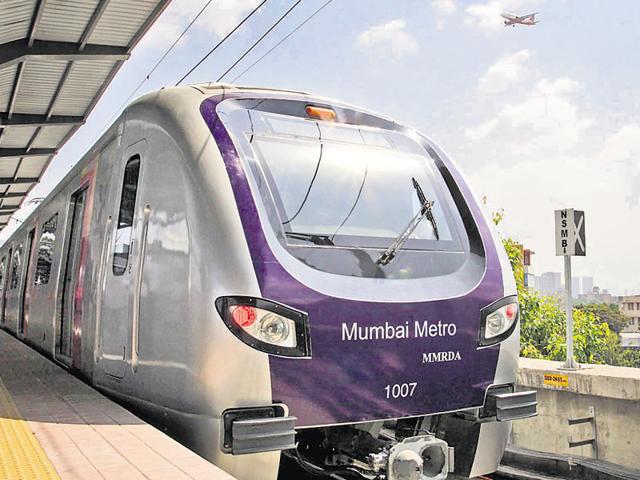
The much awaited Thane-Bhiwandi-Kalyan Metro 5 corridor will finally see the light of the day with the state cabinet on Tuesday approving the proposal for linking the powerloom town of Bhiwandi and expanding the Metro corridor in the Mumbai Metropolitan Region (MMR).
The state cabinet also approved the Swami Samarth Nagar-Jogeshwari-Kanjurmarg-Vikhroli Metro 6 corridor linking the Western suburbs with the Eastern suburbs of Mumbai. This will be the second West-East Metro corridor after the already operational Versova-Andheri-Ghatkopar corridor.
Both the approved Metro 5 and Metro 6 corridors link major industrial and commercial hubs along the route.
But it is the Swami Samarth Nagar-Jogeshwari-Kanjurmarg-Vikhroli Metro 6 corridor though shorter in length and comparatively cheaper in cost to Metro 5 corridor, which is expected to have 6.5 lakh daily ridership than the expected 2.29 lakh ridership on Thane-Bhiwandi-Kalyan Metro 5 corridor in 2021.
Both the Metro corridors are designed for operation of 6 coach trains.
METRO 5
Expected to cost Rs 8,416 crore the completely elevated Thane-Kalyan-Bhiwandi Metro 5 corridor is 24 Km long and will have 17 stations.
The route will have stations at Kalyan APMC, Kalyan station, Sahajanand Chowk, Durgadi fort, Kon Gaon, Gove Gaon MIDC, Rajnouli village, Temghar, Gopal Nagar, Bhiwandi, Dhamankar Naka, Anjur Phata, Purna, Kalher, Kasheli, Balkumbh Naka and Kapurbawdi.
The project is expected to be completed within 41 months by 2021 and the frequency of Metro trains on the route will be one train every five minutes.
The Thane-Kalyan-Bhiwandi Metro 5 corridor will eventually connect with the Metro 4 corridor of Wadala-Thane-Kasarwadavli and Metro 11 corridor between Taloja and Kalyan. The initial minimum fare on the route will be Rs 10 and maximum fare will be Rs 50. The project will be implemented by MMRDA.
METRO 6
As against this the Swami Samarth Nagar-Jogeshwari-Kanjurmarg-Vikhroli Metro
6 corridor is expected to cost Rs 6,672 crore, is 14.5 Km long and will have 13 stations on the route.
6 corridor is expected to cost Rs 6,672 crore, is 14.5 Km long and will have 13 stations on the route.
The stations on the route are as follows: Swami Samarth Nagar, Adarsh Nagar, Momin Nagar, JVLR, Shyam Nagar, Maha Kali Caves, SEEPZ village, Saki Vihar Road, Ram Baug, Powai Lake, IIT Powai, Kanjurmarg West and Vikhroli on the Eastern Express Highway (EEH).
The much needed West-East corridor will connect the hiterto not connected areas like JVLR, SEEPZ, Saki Vihar Road, Powai Lake, IIT Powai and Kanjurmarg. Besides this the Metro 6 corridor will connect the S V Road, Western Express Highway, Jogeshwari-Vikhroli Link Road, L B S Road and Eastern Express Highway.
The Mumbai Metropolitan Region Development Authority (MMRDA) in its meeting in August 2015 and later the state cabinet at its meeting held in October 2015 approved the expansion of the Metro network of 118 Km long elevated corridor.
CHANGE IN PLAN
The Metro 6 corridor earlier was planned to link Jogeshwari-Vikhroli to Kanjurmarg. However, the link was extended in the West to link Swami Samarth Nagar linking Metro corridor 2 and linking the entire western suburbs.
The 18.6 Km Metro 2-A route is between Dahisar East to D N Nagar in Andheri East. By linking this corridor with Metro 6 corridor the entire corridor length becomes 33 Km and will be implemented by the Delhi Metro Corporation as Deposit Work. The route will have its car depot at Kanjurmarg.
Out of the total Rs 6,716 crore project cost of Metro 6 corridor, MMRDAs share is Rs 3,195 crore, state governments share is Rs 1,820 crore and rest Rs 1,700 crore will be loan component.
The Metro 6 corridor will be linked with the Western and Central Railways suburban network, Metro 2-A (Dahisar-D N Nagar), Metro 7 (Dahisar-Andheri), Metro 4 (Wadala-Thane-Kasarwadavli) and Metro 3 (Colaba-Bandra-SEEPZ) corridors, thus creating the longest Metro corridor in the MMR. The initial minimum fare on the route will be Rs 10 and the maximum fare will be Rs 30.
No Comments For This Post, Be first to write a Comment.
Most viewed from National
Most viewed from World
AIMIM News
Latest Urdu News
Most Viewed
May 26, 2020
Do you think Canada-India relations will improve under New PM Mark Carney?
Latest Videos View All
Like Us
Home
About Us
Advertise With Us
All Polls
Epaper Archives
Privacy Policy
Contact Us
Download Etemaad App
© 2025 Etemaad Daily News, All Rights Reserved.

.jpg)
.jpg)
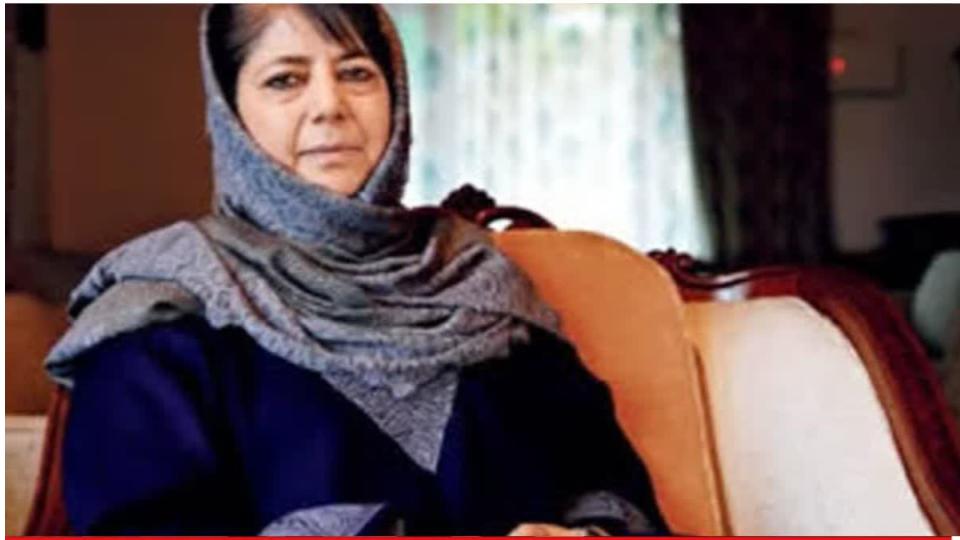
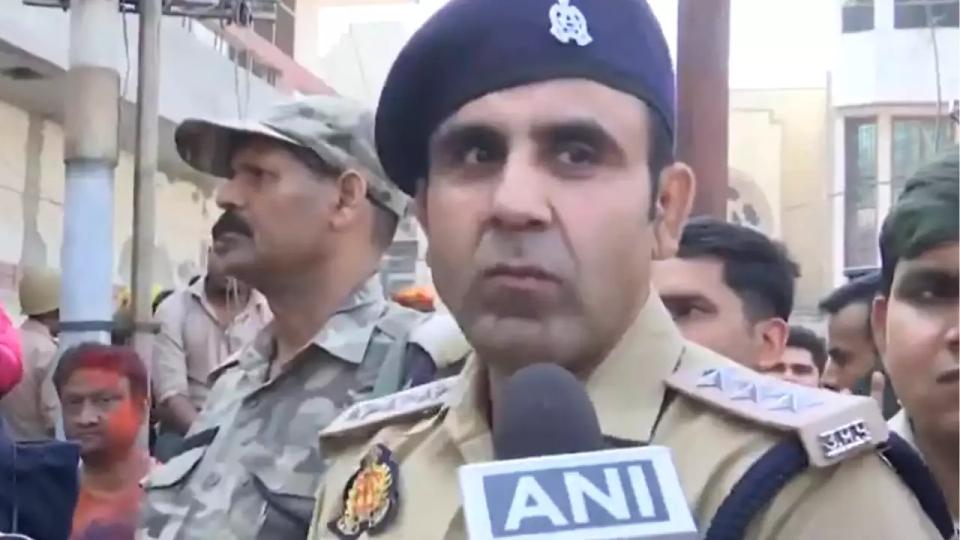
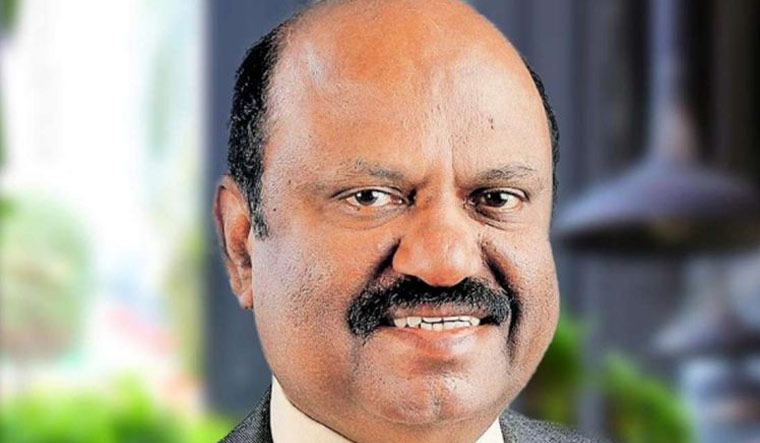
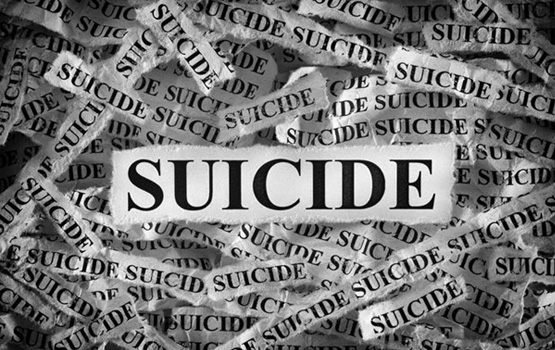

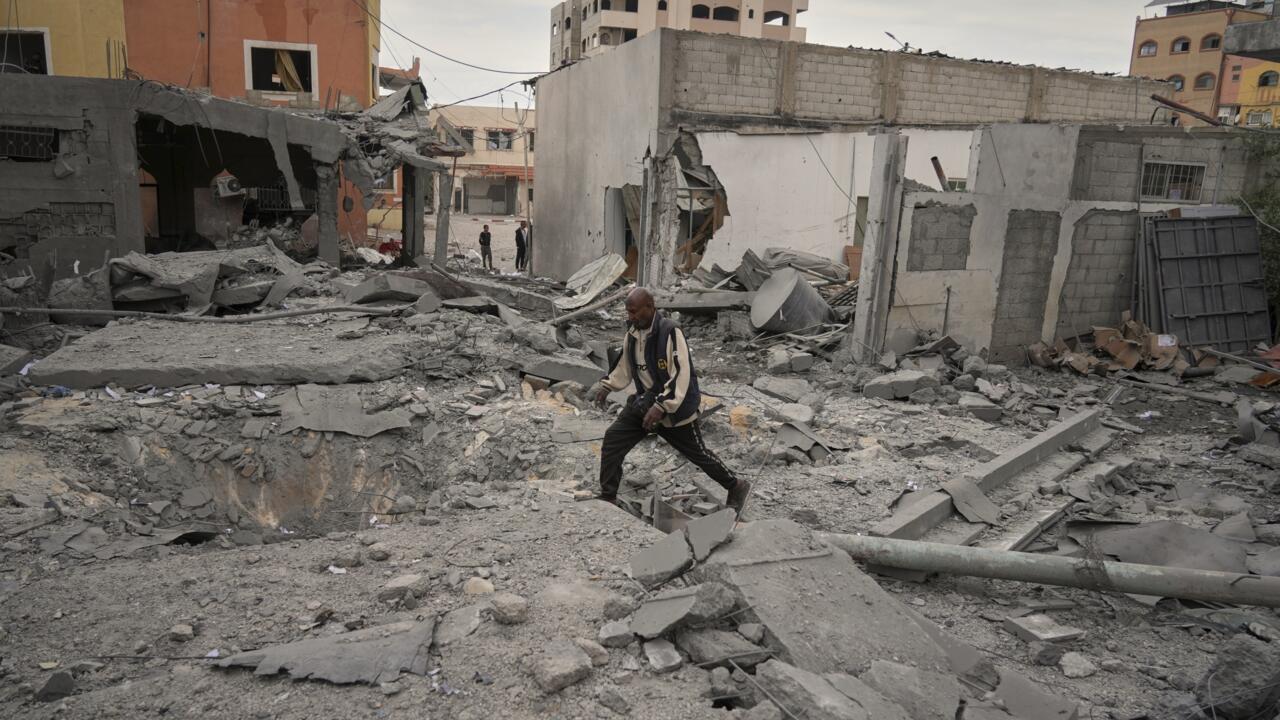
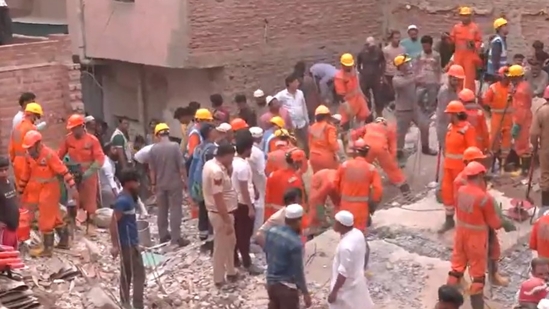
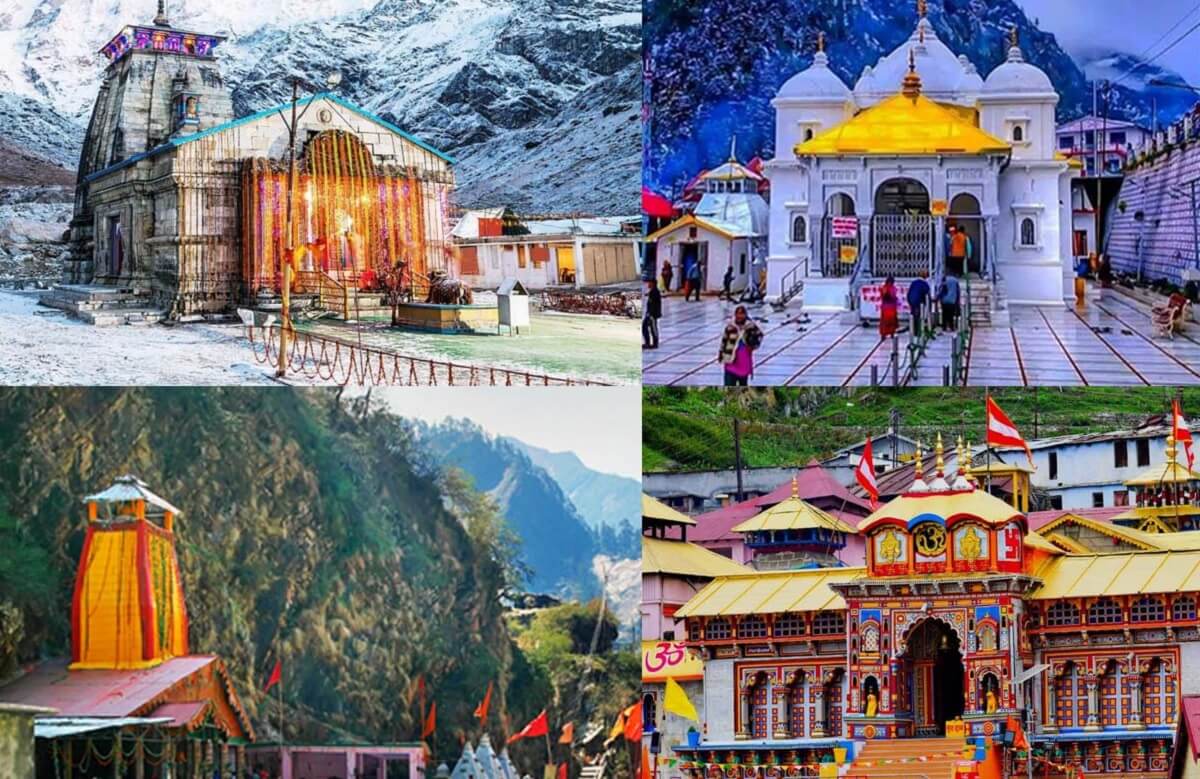

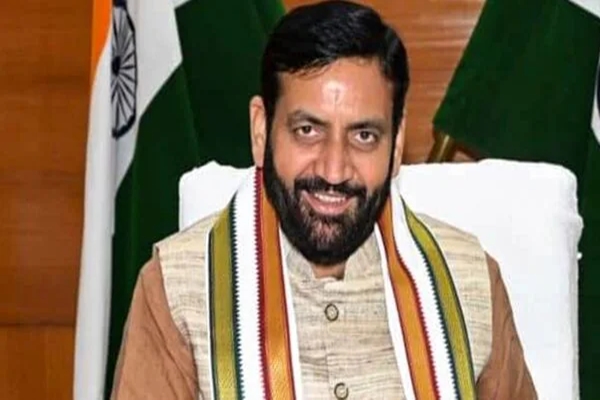
.jpg)
.jpg)
.jpg)
.jpg)

